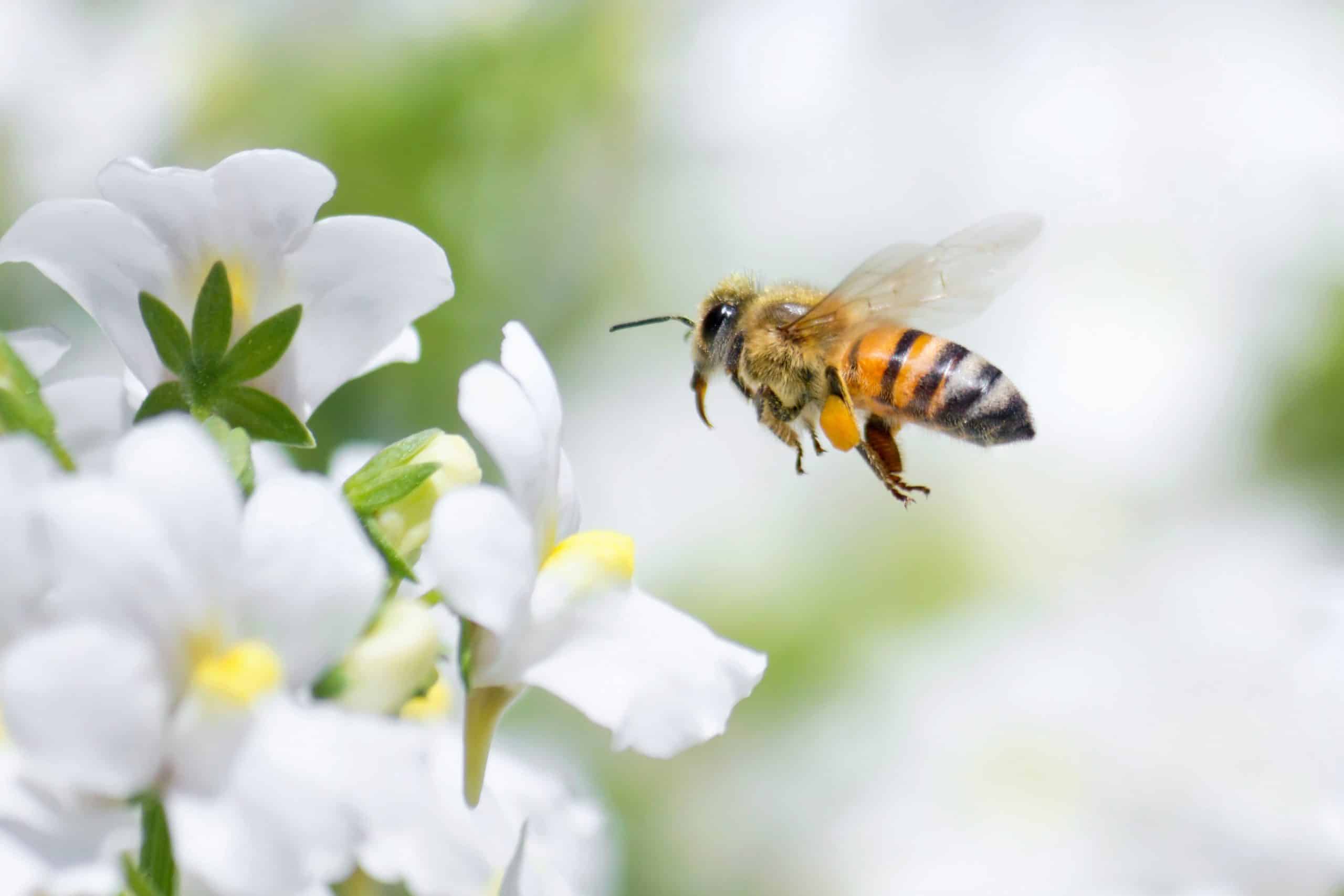
Small Bees, Big Impact
The honey beehives at BXP Suburban Campuses
Committed to Pollinator Health
BXP has made a commitment to pollinator health by working with The Best Bees Company to install data-yielding beehives across the Boston Metro area. The Best Bees’ approach to beekeeping includes expert care and data collection, ensuring quality service while improving the health of bees nationwide. This valuable partnership will provide insight into pollinator health while bolstering the bee population.
8 DATA-YIELDING BEEHIVES
4 locations
400,000 bees
40 lbs of honey
80 square MILES POLLINATED
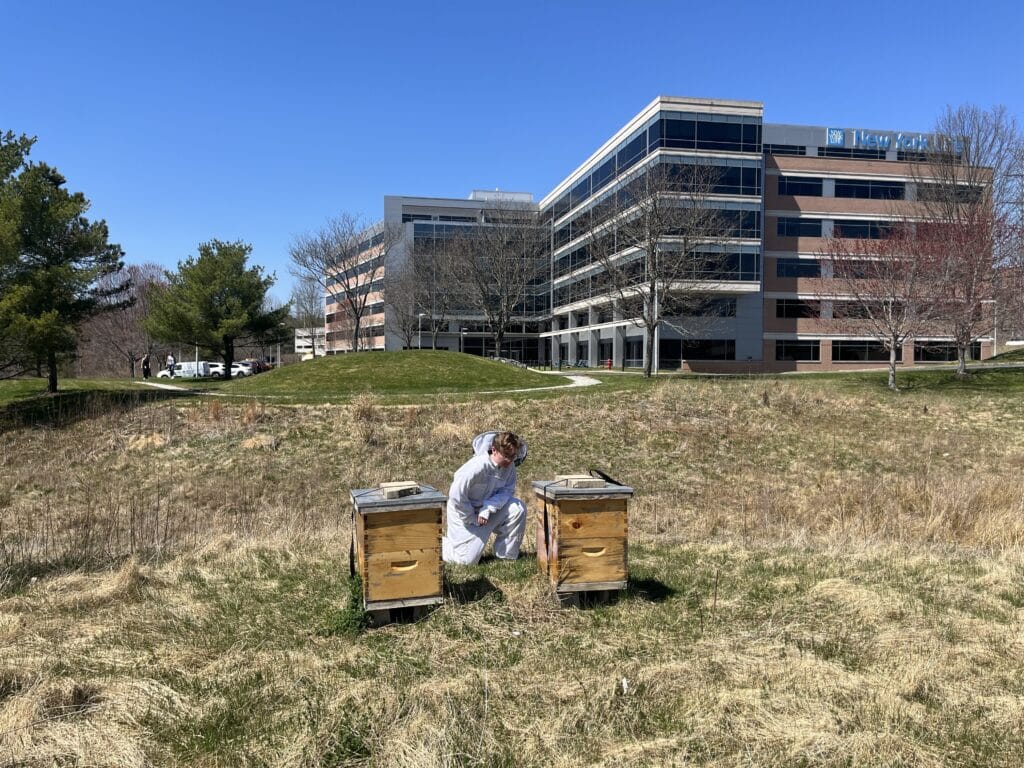
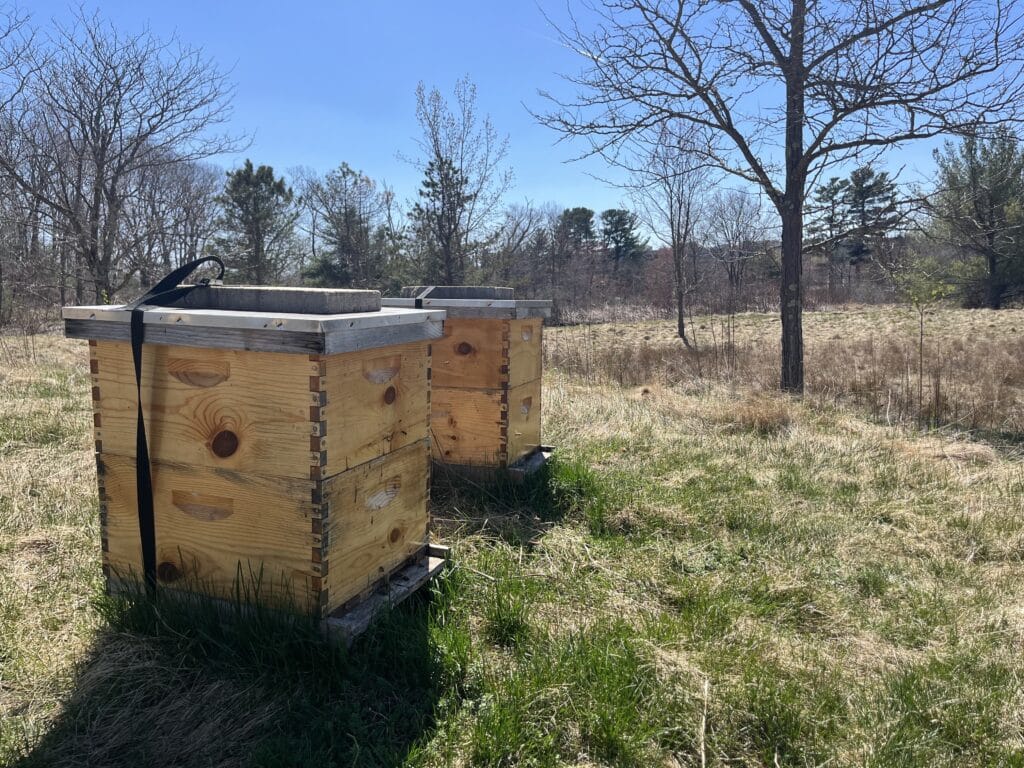
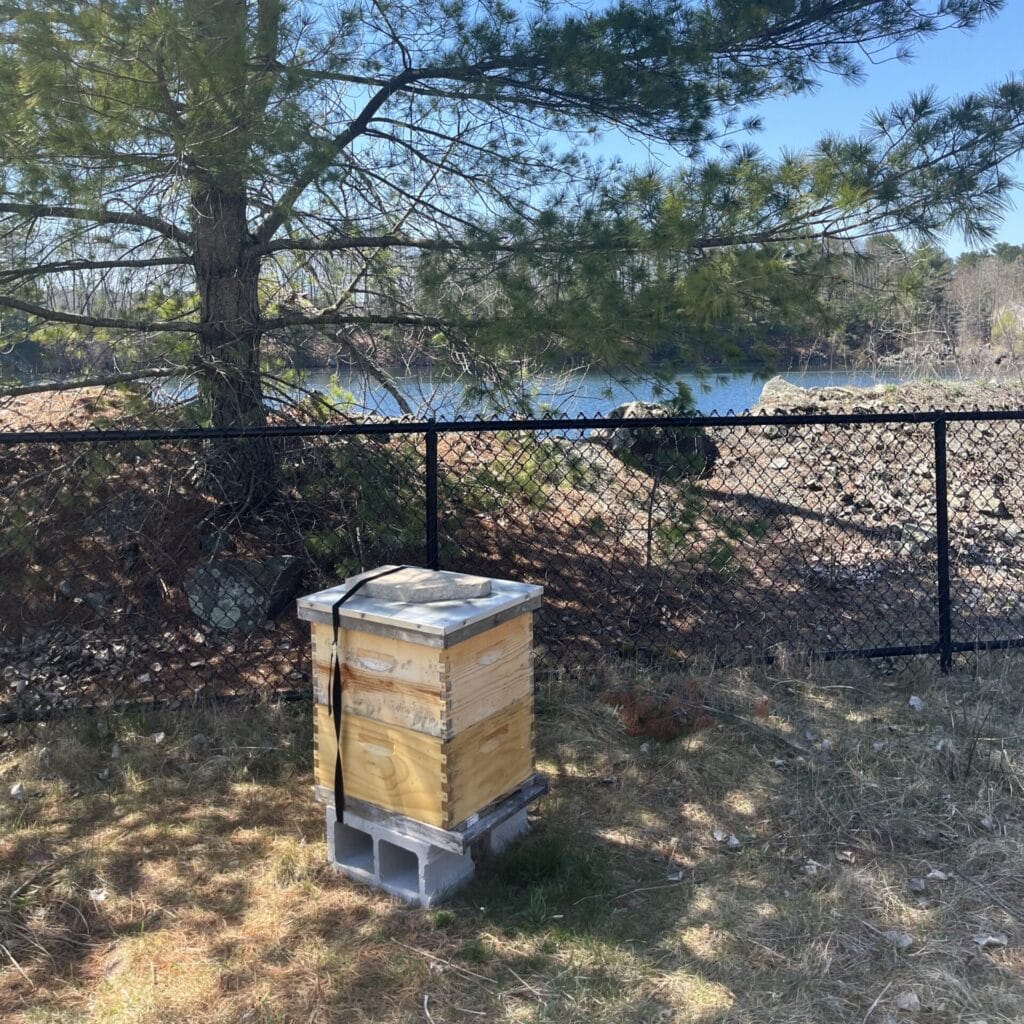
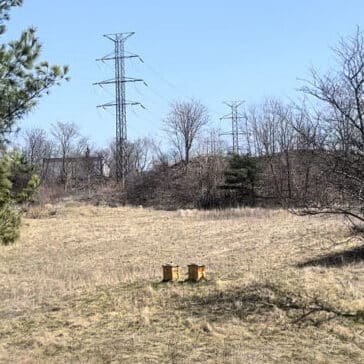
Apiaries at BXP Suburban Campuses
1. BXP Waltham Weston Corporate Center –
201 Jones Road, Waltham, MA
2. BXP Bay Colony –
1050 Winter Street, Waltham, MA
3. BXP Reservoir Place –
1601 Trapelo Road, Waltham, MA
4. BXP Weston Corporate Center –
133 Boston Post Road, Weston, MA
The Best Bees Approach
Our data-driven approach defines state-of-the-art beekeeping by implementing the best beekeeping practices for data collection.
At every beehive visit, our team of beekeepers – from DC to LA – collect standardized data from our client hives. This is then shared with our internal staff scientists as well as research partners at NASA, Google, and MIT.
The Data Shows:
- Where bees are thriving and why
- How to breed healthy queens
- The biodiversity of our local habitats
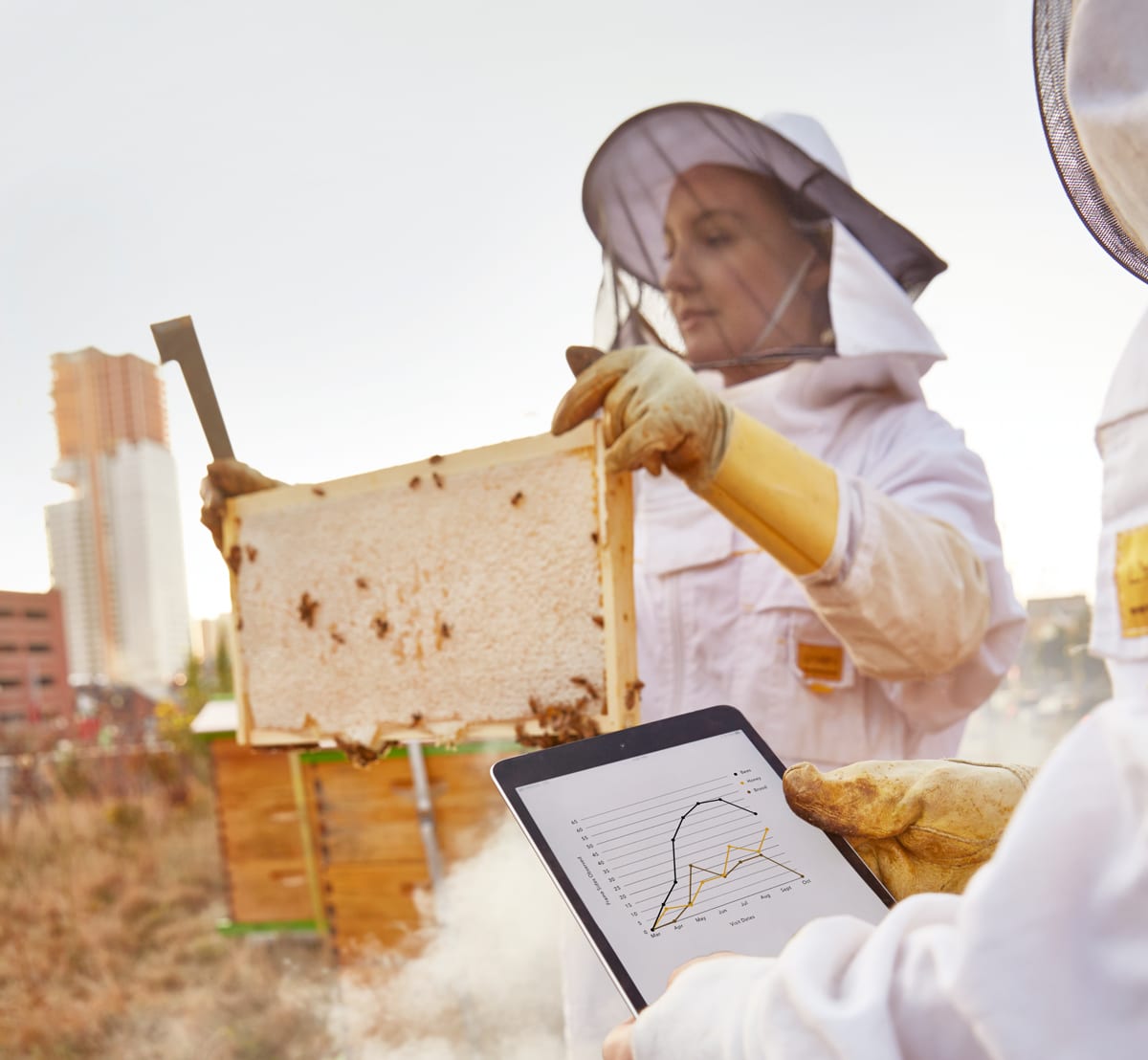

Facts about bees, honey, and more.
- Honey is more than a sweetener! It is a natural prebiotic, meaning it promotes the growth of good bacteria in our guts. It also has anti-microbial properties, making it a trusted topical treatment or soothing face mask ingredient.
- When honey bees swarm, they are at their most docile. The image we have of an angry cloud of bees, chasing cartoons or characters on television, created a false narrative of this natural phenomenon. Swarms are completely natural and not dangerous – this is actually how colonies reproduce to form new colonies when they've outgrown their home or have become too populated.
- There are 10,000 bees in each beehive at the beginning of a season and 50,000 at the height of the season.
- Honey bees are essential pollinators, responsible for 1/6th of our planet's flowering plant species. A single bee can visit up to 5,000 flowers per day and may cumulatively travel 500 miles during its lifetime.
- Honey bees are an indicator species. Their social nature makes them easy to study and an incredible resource for understanding the nature and health of our native pollinators. To learn more about how native bees and honey bees coexist, head to our blog!
Planting for Pollinators
Change starts in your backyard. The easiest and most efficient way to save the bees is by planting a flower! Native plants provide food and shelter for pollinators of all kinds. Let your yard go wild. Avoid over-manicuring of outdoor spaces and steer clear of chemicals or pesticides. We can all help improve the green-ness of our local ecology no matter where we are, no matter your age or ability.
